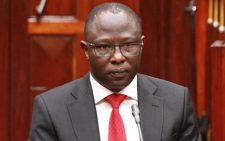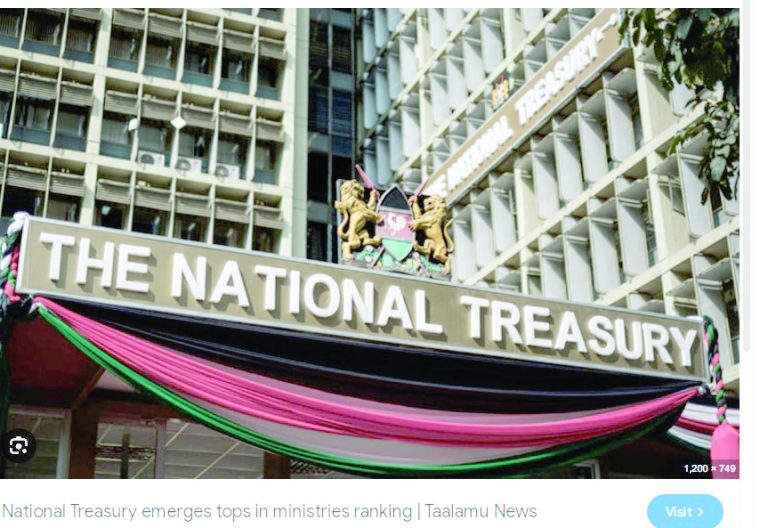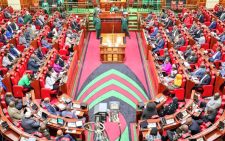Redemption of Sh1t debt ‘impressive’

Kenya announced what can be termed as a successful redemption of an estimated Sh1 trillion in debt in 2023, terming it a feat of fiscal management.
The majority of these redemptions were related to domestic debt, according to data released by the Treasury, signalling ease in the government’s debt burden.
“A trillion domestic redemption in 2023. It’s a miracle we’ve not defaulted,” said economist and head of the President’s Economic Council David Ndii.
Treasury data shows that the upcoming year will see a decrease in redemptions, with expectations of nearly Sh800 billion to be repaid in 2024.
However, the composition of next year’s redemptions will be different, with the majority being foreign debt.
The Economic Intelligence Unit had warned earlier this year that Kenya’s public debt burden was high, “but not excessive in a peer group context, with the external and domestic components each accounting for about 34 per cent of GDP at end-2022, but the structure of external debt means servicing costs are relatively high.”
Managing foreign debt can be a challenge, as it often involves the acquisition of foreign currencies, primarily US dollars, or the use of foreign exchange reserves.
“Foreign redemptions double in 2024. If US rates don’t ease for markets to open for frontier economies… it’s a win and a prayer,” said Ndii.
Kenya has been compared to the likes of Ghana, Sri Lanka, Greece and other countries that have gone through debt default and chaos in some quarters.
It has witnessed notable developments, including the government’s plan to utilise its foreign exchange reserves to settle the Eurobond maturity scheduled for 2024.
Central Bank of Kenya (CBK) Governor Kamau Thugge confirmed this strategy, which is expected to reduce the pressure on the country’s forex market and maintain its financial stability. Looking beyond 2024, the next major debt service is anticipated in 2028, with an approximate sum of Sh800 billion. This gives the government ample time to strategise and ensure the sustainable repayment of its debt obligations.
Commenting on the government’s strategy, economist David Ndii stated that it was nothing short of a miracle that Kenya did not default on its debt this year.
It highlights the significant challenges faced by the Kenyan economy, and the effective management of the debt portfolio is critical to maintaining the country’s fiscal stability and reputation in the international financial markets.
The reduction in debt redemption in 2023 has positive implications for Kenya’s economy. It not only eases the financial burden on the government but also paves the way for increased investments in critical sectors such as infrastructure, healthcare, and education.
Further, it enhances the country’s credibility in the global financial landscape, making it more attractive to investors and creditors.
As Kenya continues to navi












